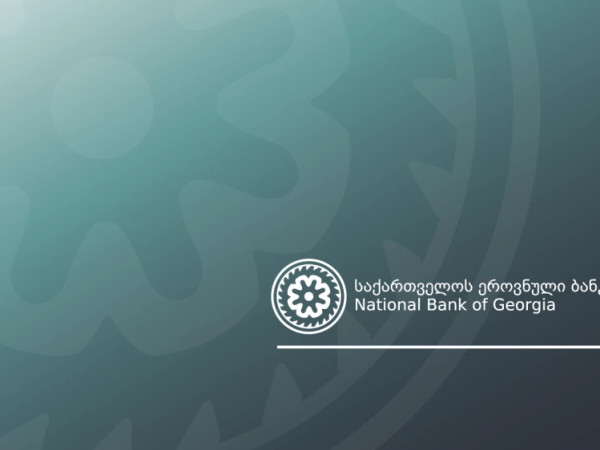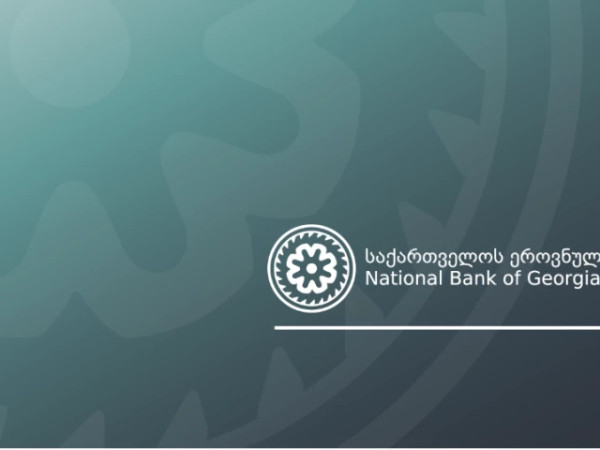According to the updated forecast of the National Bank, in the second half of 2023, inflation in the country will likely be below 3% - the NBG relates this to the reduction of inflation expectations.
Despite this forecast, the NBG left the monetary policy rate (the refinancing rate) unchanged. The monetary policy rate stands at 11%.
According to the assessment of the National Bank, the overall inflation level decreased to 8.1% in February, but the inflation of local goods and services remains high, amounting to 13.8%.
"Despite certain stabilization signs, inflation remains a global challenge. In Georgia, annual inflation is still high, but follows a downward trajectory. In February, headline inflation decreased to 8.1 percent, while core inflation dropped to 6.6 percent. The decline in inflation is mainly due to external factors. In particular, international oil prices have been decreasing recently, whereas international shipping costs have also approached the pre-pandemic level. In addition, according to the Food and Agriculture Organization of the United Nations (FAO), the international food price index continues to decrease. Given the stronger lari exchange rate these trends are being gradually transmitted to the local market reducing the imported inflation. Despite the overall decline, both core and domestic inflations remain high. The reduction of headline inflation has been supported by tight monetary policy and fiscal consolidation. It should also be noted that as a result of the macroprudential policy instruments activated recently and the tightening of global financial conditions, credit growth in Georgia has slowed down. This, in turn, further contributes to the stabilization of aggregate demand and hence the downward trend in inflation. Given the above, it is important that inflationary expectations are declining. The current forecast, due also to the base effect and tightened monetary policy stance, shows that the headline inflation will continue declining at a significant rate, and is likely to be below the target level in the second half of the year, ensuring that long-term inflation expectations remain anchored to the target.
Despite the aforementioned positive factors, uncertainty remains quite high, due to the severe geopolitical situation. Possible pressures from the labor market are worth noting among the upward risks affecting inflation. In particular, productivity growth has been lagging behind the wage growth in recent periods. According to GeoStat, in the fourth quarter of 2022, wages have increased by 21.2 percent annually, while productivity was up by only 6.8 percent. This trend is reflected in the prices of domestic goods and services, growth rate of which is still high and amounts to 13.8 percent",- the document reads.















